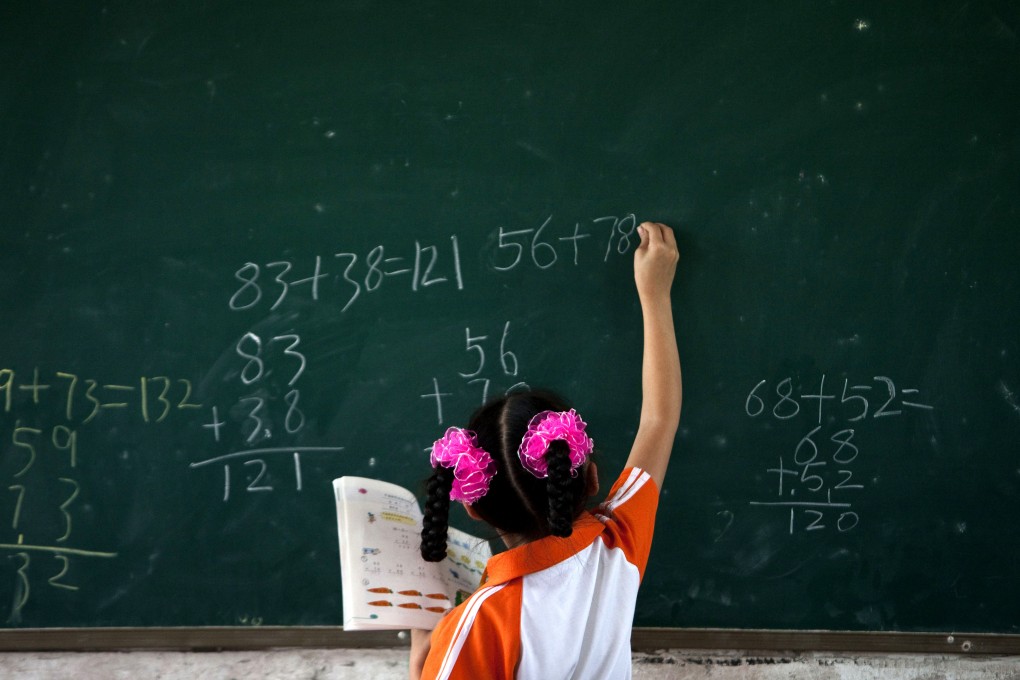Decapitation and stabbings lead to calls for action to tackle student violence in China
Call for values-based education to counter system that engenders little regard for life

A spate of stabbings by pupils in schools in the past month has prompted calls for more attention to be paid to moral education.
On April 21, a 19-year-old vocational school student in Fuping county, Shaanxi, was stabbed seven times in the lower back and legs by three schoolmates because he was swaggering. He required 25 stitches.
It's worrying that teenagers…see violence as a means to resolve matters, even petty conflicts
Four days later, a Form Three pupil at a high school in Guangfeng county, Jiangxi , was stabbed to death by schoolmates.
Then, on May 7, two attacks occurred at schools in Yanan, Shaanxi. A Form Three pupil died when his throat was slit by a classmate in Fu county and another Form Three pupil was stabbed by a classmate in Yanchuan county.
The next day, a district court in Guangxi sentenced a 12-year-old girl to three years in a rehabilitation programme for decapitating a 13-year-old friend because she was jealous that her friend was prettier than she was.
A researcher with the National Institute of Education Sciences, Chu Zhaohui , said the attacks were a reflection of a "disregard for human life" that pervaded mainstream society.